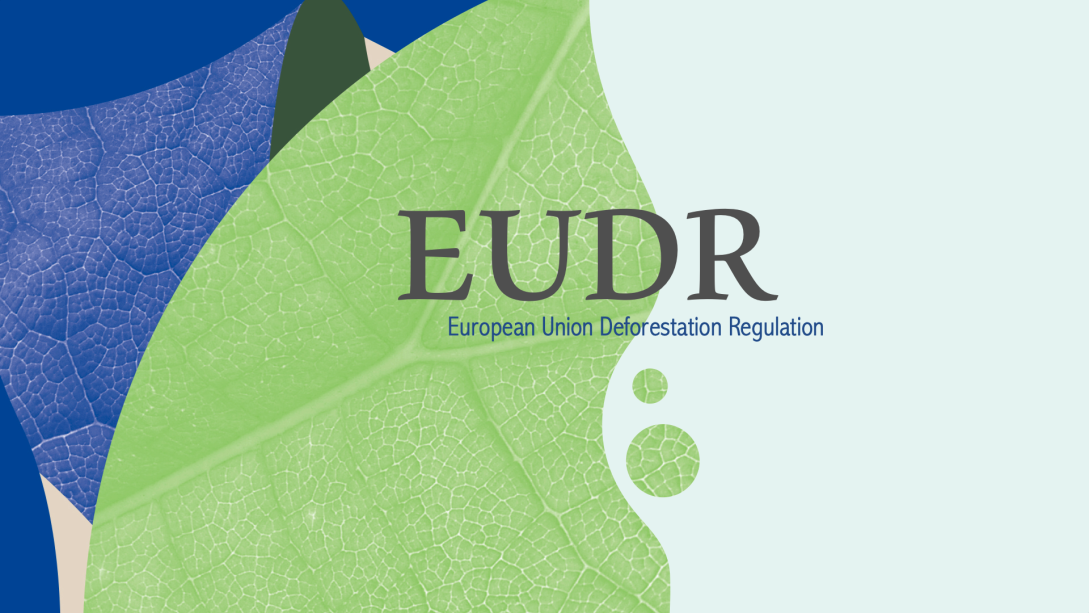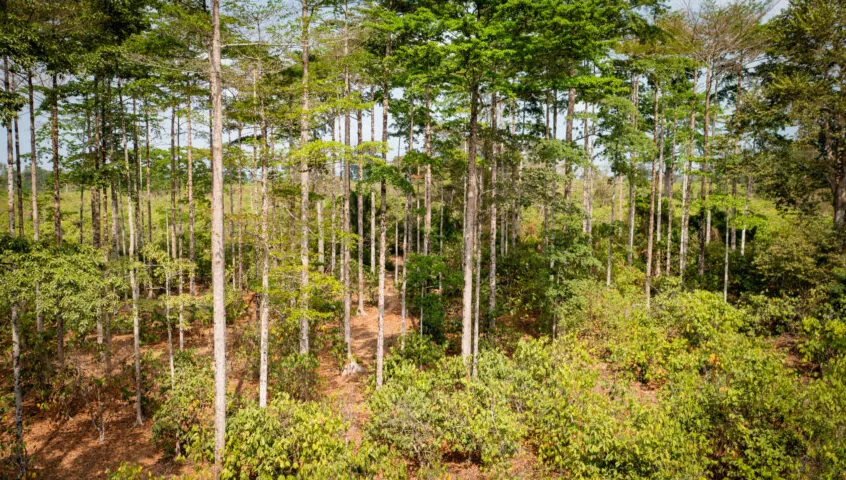The report stated that companies' and governments' commitment to CFI has remained steadfast despite a challenging year marked by erratic weather patterns, an increase in pests and diseases, and illegal mining clearing cocoa farms.
It also warned that given the cocoa sector's current challenges, this commitment and collaboration is more crucial now than ever.
Some of the key highlights from the CFI 2023 report include:
Traceability
In 2023, 83% of directly sourced cocoa from participating companies in Ghana and 82% in Côte d’Ivoire was traceable to the plot level. Despite supply challenges that required sourcing cocoa from a larger number of producers, these traceability figures have remained relatively stable. Significant efforts over the past year have been dedicated to enhancing traceability systems in preparation for the 2025 European Union Deforestation-Free Regulation (EUDR).

The regulatory bodies, Conseil du Café-Cacao and Cocobod, have conducted pilots for these systems, with full implementation planned for the 2024-25 cocoa season. Additionally, Ghana has published national guidelines for the Sustainable Cocoa Standard (ARS-1000), and Cote d’Ivoire has developed a 2020 reference land use map.
The report’s authors said that these efforts are expected to yield higher traceability figures by 2025, and establishing accurate traceability systems is crucial ahead of the EUDR.
Priority landscapes and forests
The CFI initiative fosters collaboration between the public and private sectors through clear land-use planning and incentives for farmers and their partners, but the report called for greater collaboration at the landscape level beyond single supply chains.
CFI’s strategy focuses on landscape-level programming in areas prioritised due to high levels of historic deforestation that are also critical for cocoa production in both countries.
Climate adaptation and mitigation
Progress continues to achieve positive carbon impact and climate adaptation through private-sector engagement. Cote d’Ivoire is actively developing carbon policies that are aligned with the UNFCCC National Determined Contributions.
Ghana received its first result-based payment of nearly $5 million from the World Bank’s Emission Reduction Programme for reducing 972,456 tons of carbon emissions, with the largest share going to CREMAs (Community Resource Management Area) and farmer groups. This ensures that farmers and farming communities are leading and owning key interventions, which is essential for ongoing sustainability.
These developments align closely to CFI’s progress on community engagement and social inclusion. Through these, 12,361 Village Savings and Loans Associations (VSLAs) were supported in Ghana and Cote d'Ivoire. CFI signatories distributed 10 million multi-purpose tree seedlings to cocoa producers in both countries to support increased carbon stocks and biodiversity through agroforestry.
Chris Vincent, World Cocoa Foundation president, said “These achievements underscore the power of collaboration in driving sustainable change. The progress made in forest conservation and climate adaptation is a testament to the commitment of all stakeholders involved in the Cocoa & Forests Initiative.”
Full 2023 Cocoa & Forests Initiative Annual Reports:


